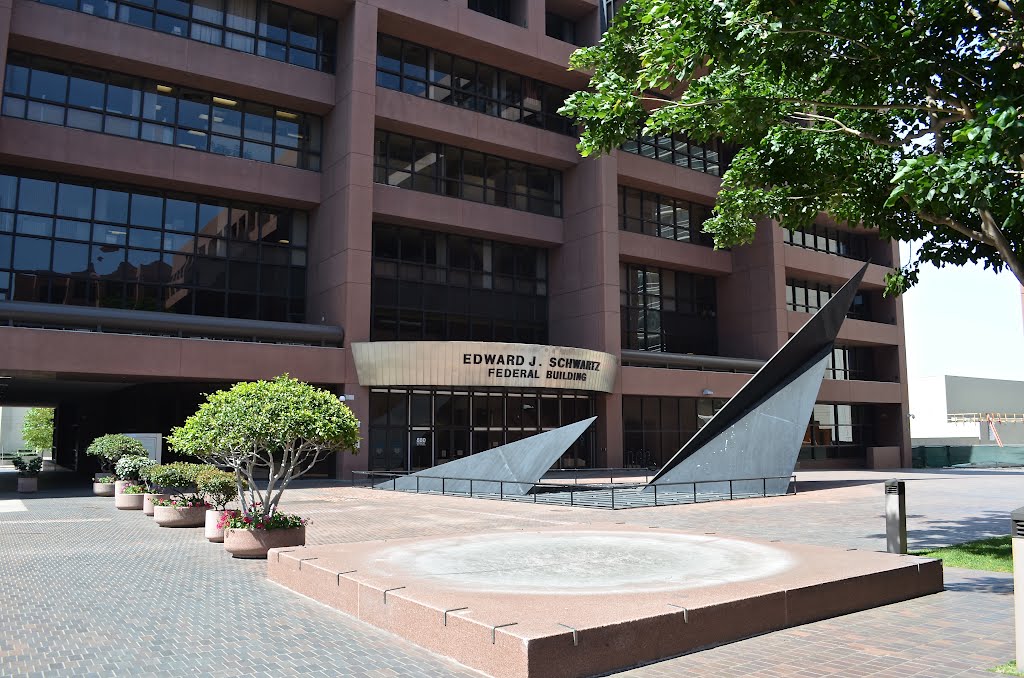Many taxpayers who have experienced owing back taxes to the IRS have never had to deal with a Revenue Officer. Having a Revenue Officer assigned to collect back taxes doesn’t have to be as scary as it sounds but, it can be intimidating for someone who has never dealt with one before. That’s why we at Spaulding Legal, APC thought we would outline some of the most important things to keep in mind when dealing with a Revenue Officer based on our own experiences in handling these cases.
When to Hire a Tax Attorney
1) Revenue Officers are not Revenue Agents. They actually work for two completely different divisions of the IRS. Revenue Agents work for the IRS audit division and are employed to review taxpayer’s tax returns and records to determine if the taxpayer should be assessed additional tax.

Revenue Officers work for the collections division and typically work out of an IRS field collection office. Each field collection office has its own jurisdiction for handling tax issues that arise in that specific area. So, it is not uncommon for several taxpayers who live in close proximity to each other to all have the same Revenue Officer assigned to their case. Also, this means that tax attorneys who also work within the area probably are familiar with those Revenue Officers, having worked cases where those Revenue Officers have been assigned.
2) Revenue Officers are only assigned to specific cases. Typically, when a taxpayer owes money to the IRS they will not have a Revenue Officer assigned. Instead, the case will go to the Automated Collection System (ACS) for the IRS. A series of notices will be sent out to notify the taxpayer of the past due balance and if these notices are ignored the IRS will begin collection action through liens, bank levies, and wage garnishments.
When a case does get assigned to a Revenue Officer it is usually because the case has at least one of three things. The taxpayer that owes the taxes is a business or the tax issue(s) is related to their business, the taxpayer owes $100,000 or more, or the tax debt is from older tax years.
3) Revenue Officers must contact taxpayers in person, at least for first contact. This means that a Revenue Officer can show up at your home, place of business, or family function to make first contact. If they are unable to contact you at your home or place of business, often times they will leave a business card. This should not be ignored. When meeting the Revenue Officer for the first time they should present you with their ID, not a badge. If they have a badge, they may be from the Criminal Investigation Department, which is a whole other matter and we recommend speaking with an attorney ASAP. You can also view the IRS website How To Know it’s Really the IRS Calling or Knocking on Your Door: Collection for help in determining if it really is a Revenue Officer contacting you and not a scam.
4) The Revenue Officer most likely is not going to seize your home or personal assets. Thanks to the Revenue and Reform Act of 1998, the IRS’s ability to seize a taxpayer’s home is very limited. That doesn’t mean the Revenue Officer can’t collect in other ways and in most cases can do it much faster than ACS. The most common forms of collection are levies on accounts receivable, levies on retirement accounts, liens on property, and levies on bank accounts and wages. They are also able to summons documents from taxpayers if the taxpayer is unwilling to hand over the information the Revenue Officer is requesting.
5) Revenue Officers are not graded based on the amount of money they collect. In fact, they are actually graded on how quickly they can close cases. This can work in the taxpayer’s favor in some cases, in other cases it can be detrimental. More often than not a Revenue Officer and a taxpayer want the same thing…for the case to be over and done with. Because of this, the Revenue Officer will propose a “collection alternative” and the taxpayer will agree to the terms simply to put the issue behind them.

What happens next is that the terms of the “collection alternative” turn out to be more than the taxpayer can handle. The taxpayer is unable to keep up with the payments that are required and ultimately default on the agreement. Another common occurrence is taxpayers struggling to keep up with the agreement will begin using money they set aside for their estimated tax payments. By not paying their estimated tax payments the taxpayer is essentially creating a whole new tax liability, which will of course default the agreement. On top of this, when the agreement defaults the taxpayer’s case will be assigned back to the Revenue Officer and the whole process will start over, except the taxpayer may no longer have their due process rights to appeal. It is important to know taxpayers have the right to representation at any time, especially during the initial interview the Revenue Officer will try to conduct. The taxpayer does not have to answer any questions and can request to consult with their legal representation without answering any questions according to Internal Revenue Manual (“IRM”) 5.1.10.7.1.
Remember, Revenue Officers are people just like anyone else, sometimes they will have bad days and sometimes they will have good days. They also have a work load they are trying to manage, which can cause quick deals to be struck that end up hurting you. Having to deal with the stress of back taxes and also a Revenue Officer is not ideal and can often create more issues. This is why having legal representation handle the issue for you will allow you to continue with the other aspects of your life that need attention. You won’t have to worry about the Revenue Officer showing up at your home or place of business, due to the fact that they are required to contact your legal representative first, and you can be assured your rights as a taxpayer are being protected.
Related Articles:
